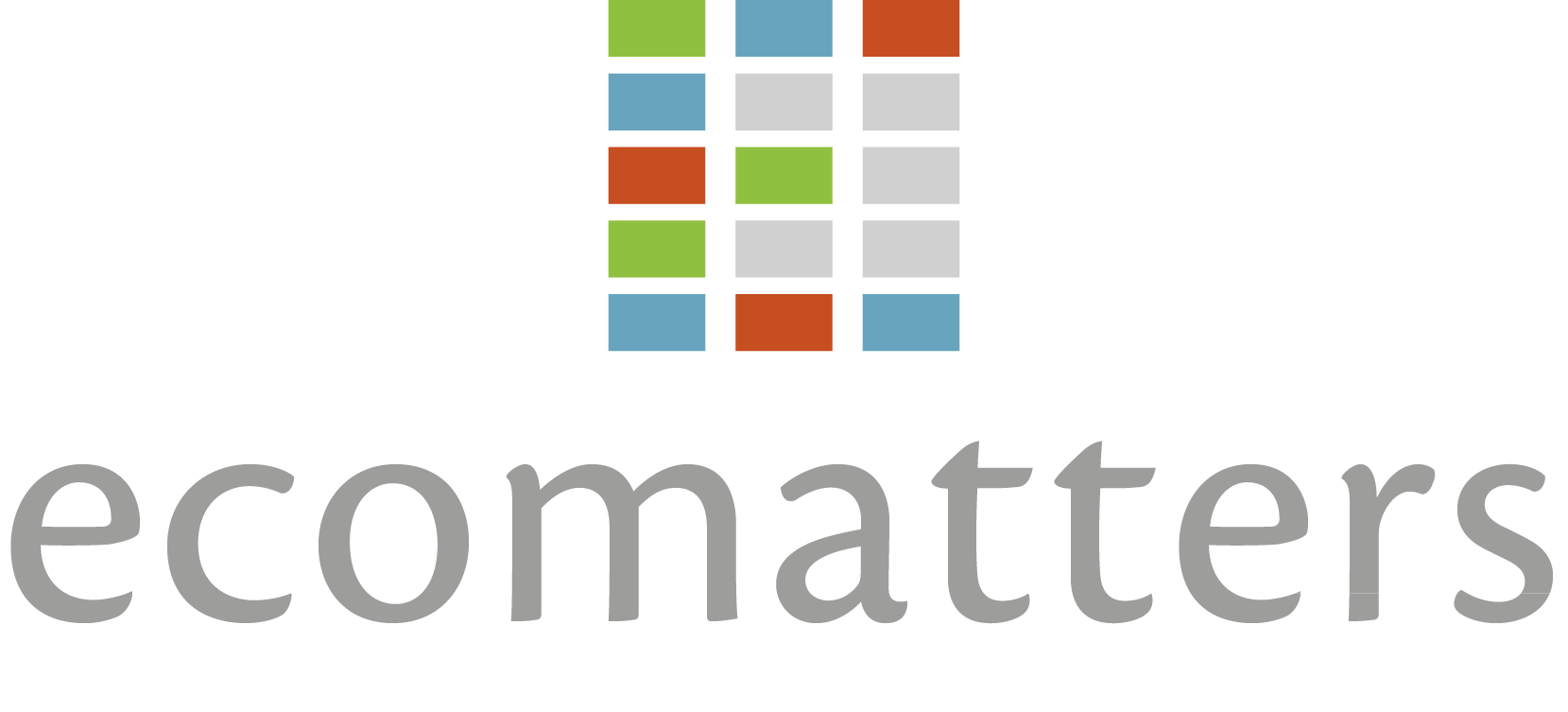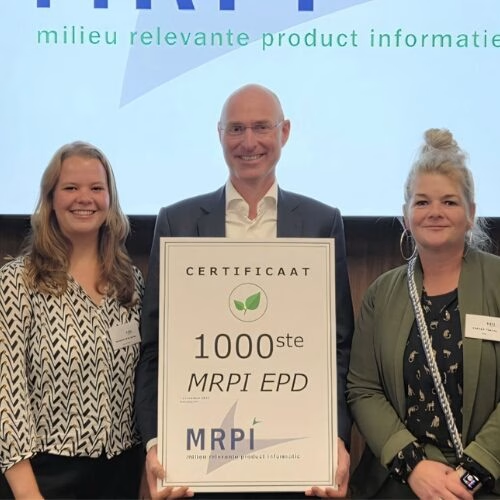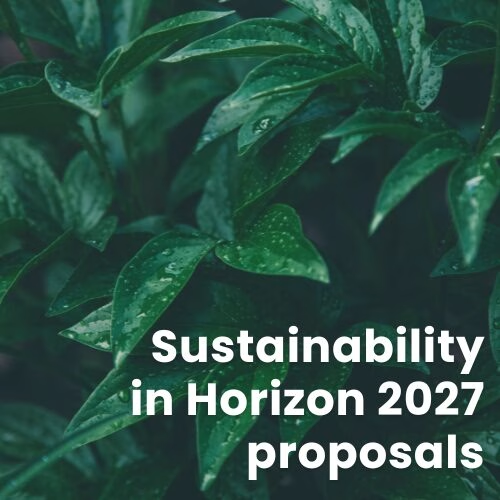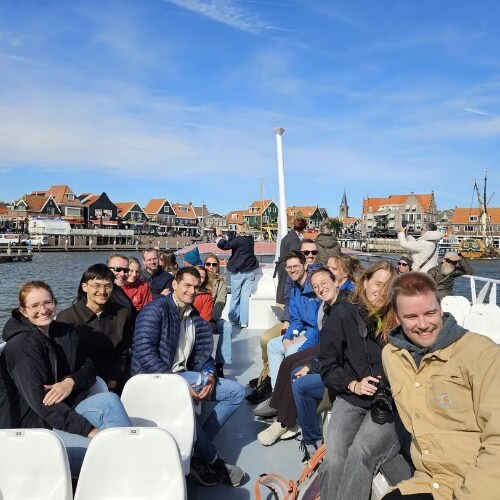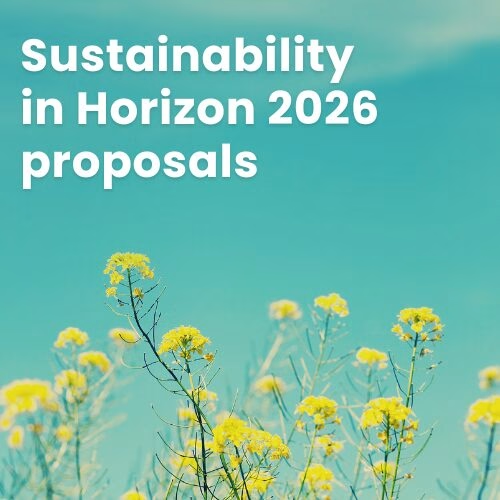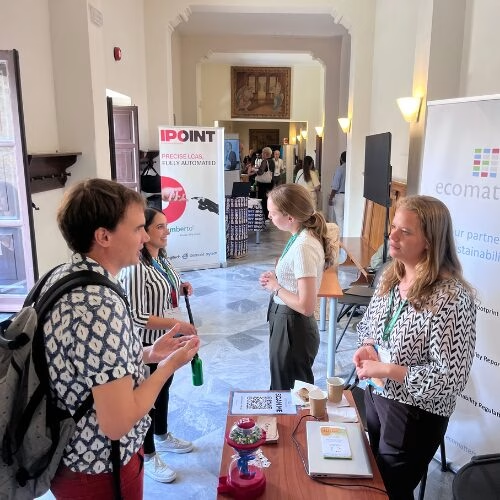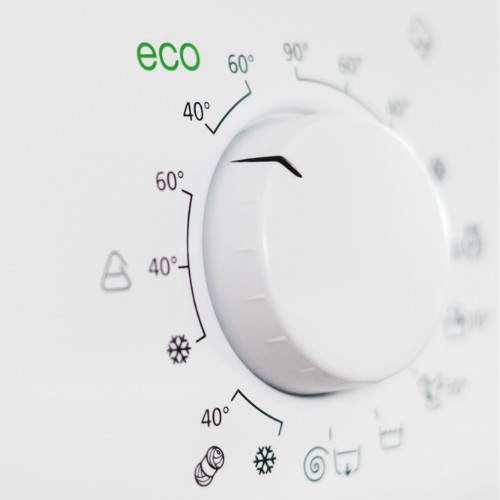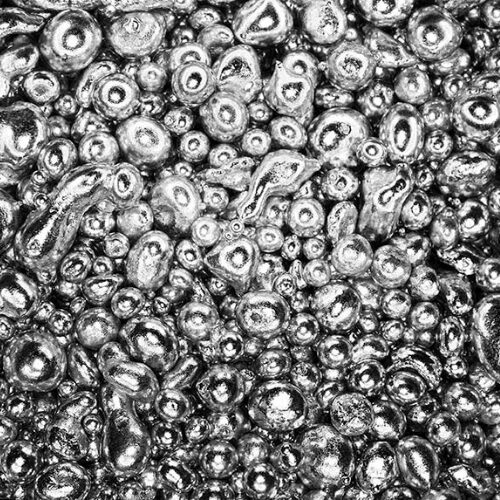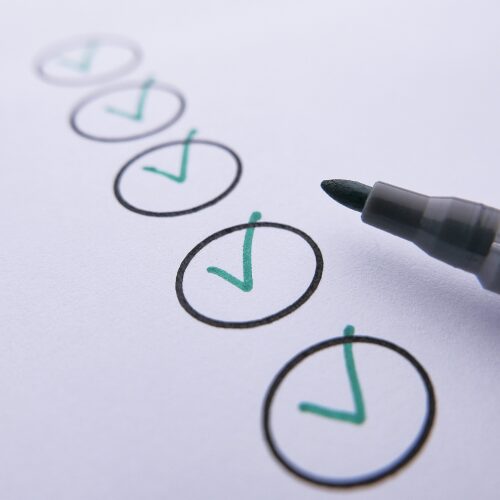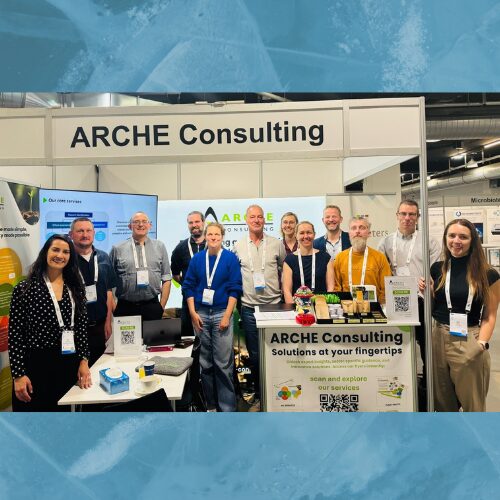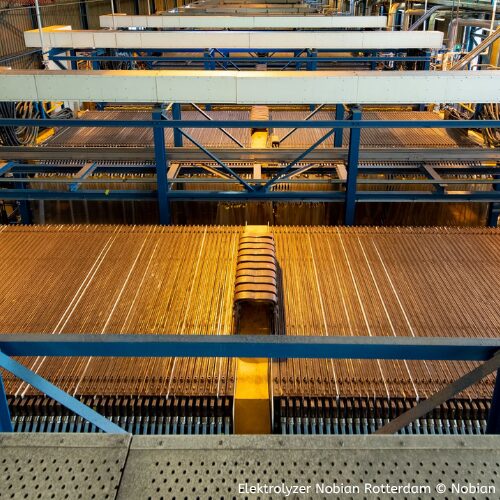Dutch Environmental Management Act – Notification of implemented recognized measures
If your company uses more than 50.000 kWh of electricity or 25.000 m3 gas (or gas equivalents in heat) per year, your company has to comply with the Dutch Environmental Management Act (Activiteitenbesluit wet Milieubeheer). In practice, this means that your company is obliged to carry out all energy-saving measures with a payback time of less than 5 years.
Off course, as an enterprise owner, you want to be sure that the energy saving measures or techniques you implement are economically justifiable. However, estimating which measure will give a reasonable return of investment is often a difficult process.
For this reason, the Dutch government has compiled lists of recognized measures which are well known to have a payback time of less than 5 years. There a currently lists with energy saving measures available for 19 different industries such as; Retail, Offices, Garages, Rubber and plastics industry, etc.) The measures lists contain measures that provide cost-effective energy savings. Examples are the installation of LED lighting systems and optimization procedures for your current climate control systems.
These so-called recognized measures are a representation of the current state of technology, and payback time is calculated based on current energy prices. An update takes place periodically. For each measure it is indicated when it applies, and which measures need to be implemented directly or at a ‘natural moment’ (such as a renovation). Sometimes alternative measures have been appointed as well.
Changes in 2019
In addition to the energy saving obligation, there will also be a notification obligation for enterprises and institutions. With this, the government wants to accelerate the implementation of energy savings within these companies.
By the 1st of July 2019, enterprises that fall under the Environmental Management Act must report to the competent authority which energy-saving measures have been taken. If not all recognized measures that were mandatory have been taken, and alternative measures have been taken instead, then it must be explained why these alternative measures have at least an equivalent energy-saving potential.
For the reporting of the information obligation, the eLoket of RVO.nl will be available in early 2019. Make sure that your report is received by 1 July 2019 at the latest.
In order to be ready on time, you can already get started: all currently recognized measures will continue to apply when current measure lists are updated. You also do not have to replace a previously taken measure immediately when a better measure comes available after an update of the list. The next natural moment, such as depreciation or refurbishment, only applies to a new recognized measure.
Advantages of implementing the recognized energy saving measures
Besides being in compliance with current legislation regarding energy use, the implantation of economically sensible energy saving measures as other advantages as well.
- You will earn back the costs for energy-saving measures from the recognized measures lists within five years
- Many energy-saving techniques are innovative and therefore offer ease of use and comfort
- Saving energy is a way to do business in a socially responsible way
- Saving energy is the first step towards a CO₂-neutral enterprise
